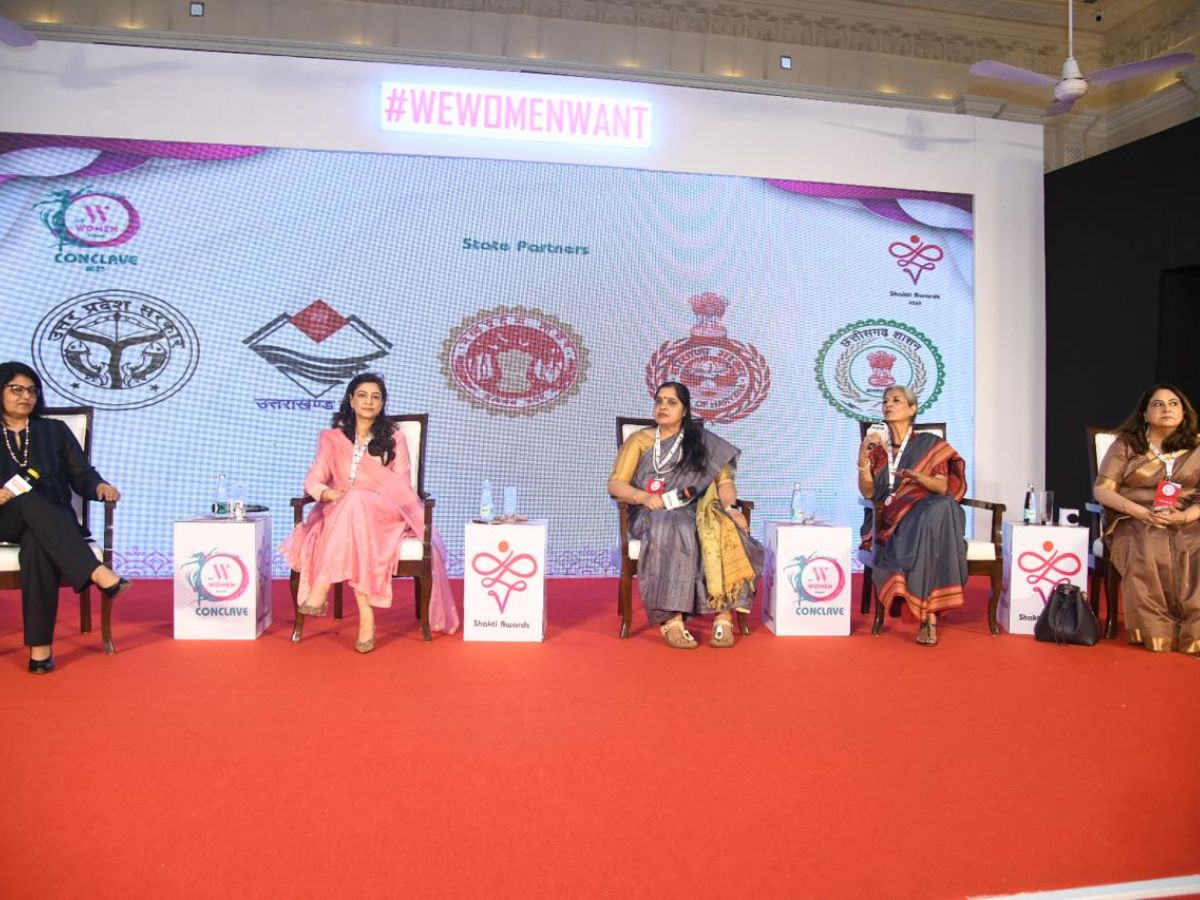Women’s health is finally stepping out of the shadows. From fertility challenges in their 30s to the onset of menopause in their 40s and 50s, women are increasingly taking charge of their reproductive and hormonal well-being. At a recent panel discussion, leading gynecologists and reproductive health experts shared practical insights into the physical, emotional, and medical aspects of these life stages—and why open conversations are long overdue.
Fertility Is a Shared Responsibility
Dr. Tanya Bakshi Rohki, Director of Reproductive Medicine at Max Super Specialty Hospital, emphasized how fertility choices are evolving with time and technology. “Women today are empowered to plan motherhood on their terms—whether that means freezing eggs or balancing careers with family life,” she said. Dr. Rohki also stressed that infertility is not just a female issue. “Nearly 50% of infertility cases involve male factors, including low sperm count and motility,” she explained. She emphasized that IVF is not a universal solution but a tailored treatment that must consider age, health, and lifestyle. “There’s no shame in seeking fertility help, but the solution must be patient-specific.”
Empowering Fertility Choices with IVF
Dr. Jashri Sundar, a senior gynecologist, highlighted the biological limits women face as they age. “We are born with a fixed reserve of eggs, and after 35, both quality and quantity drop sharply,” she explained. She added that career ambitions, stress, and unhealthy lifestyles further complicate fertility. “You can’t be the same mother at 40 that you were at 25, and realistic expectations about fertility are crucial.” She encouraged women to consider egg freezing early and maintain a healthy lifestyle. “Simple changes—better sleep, nutrition, and less stress—can make a big difference in reproductive outcomes,” she noted.
Reframing Menopause: Natural, Not Taboo
Dr. Gita Prakash, a family physician, urged women to stop viewing menopause as a loss. “Menopause isn’t the end of femininity—it’s freedom,” she said. She highlighted that many women suffer in silence, especially in rural areas, due to stigma and lack of awareness. “It’s time we treat menopause like any other health milestone—with information, support, and medical care when needed,” she added. While HRT can help, she warned it’s not for everyone and must be prescribed carefully. “Every woman’s journey is different,” she said.
HRT: Myths vs. Medicine
Dr. Anila Aneja offered a strong defense of hormone therapy, urging women to separate fear from facts. “Hormones are not the enemy,” she said. “When done right, HRT can relieve symptoms like hot flashes, mood swings, and even support heart and bone health.” She addressed fears around cancer, pointing out, “Obesity and smoking pose far greater cancer risks than HRT under medical supervision.” Dr. Aneja stressed the importance of screening and education, adding, “Women shouldn’t suffer in silence when solutions exist—they just need the right guidance.”
About We Women Want: A Show That Listens to Women
We Women Want is a weekly show on NewsX that focuses on real issues that matter to women. It talks about topics like domestic violence, IVF, breast cancer, relationships, single parenting, workplace problems, and more. The show not only highlights winners but also gives space to those who are struggling.
Often, experts such as lawyers, doctors, and activists appear on the show to help women find support and answers. Over time, it has evolved into more than just a talk show; it has become a platform where women can speak, be heard, and receive help when needed.






